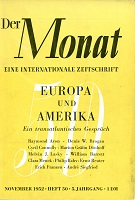
We kindly inform you that, as long as the subject affiliation of our 300.000+ articles is in progress, you might get unsufficient or no results on your third level or second level search. In this case, please broaden your search criteria.



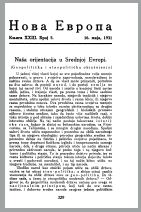
Predsjednik Talijanske Vlade, G. Musolini, dao je prije kratkog vremena jednom francuskom listu političku izjavu o francusko-talijanskim odnosima, pa je medju ostalim rekao i ovo: ≫Vjerujem da pitanja koja nas dijele nisu nerješiva. Očigledno, stvar Jadrana stvar je vrlo važna, i mislim da francusko-jugoslovenski savez nije doprinio poboljšanju naših odnosa≪, Ovu izjavu prenijeli su mnogi svjetski, i svi veći talijanski i naši listovi.
More...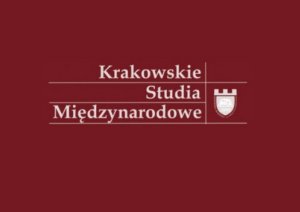
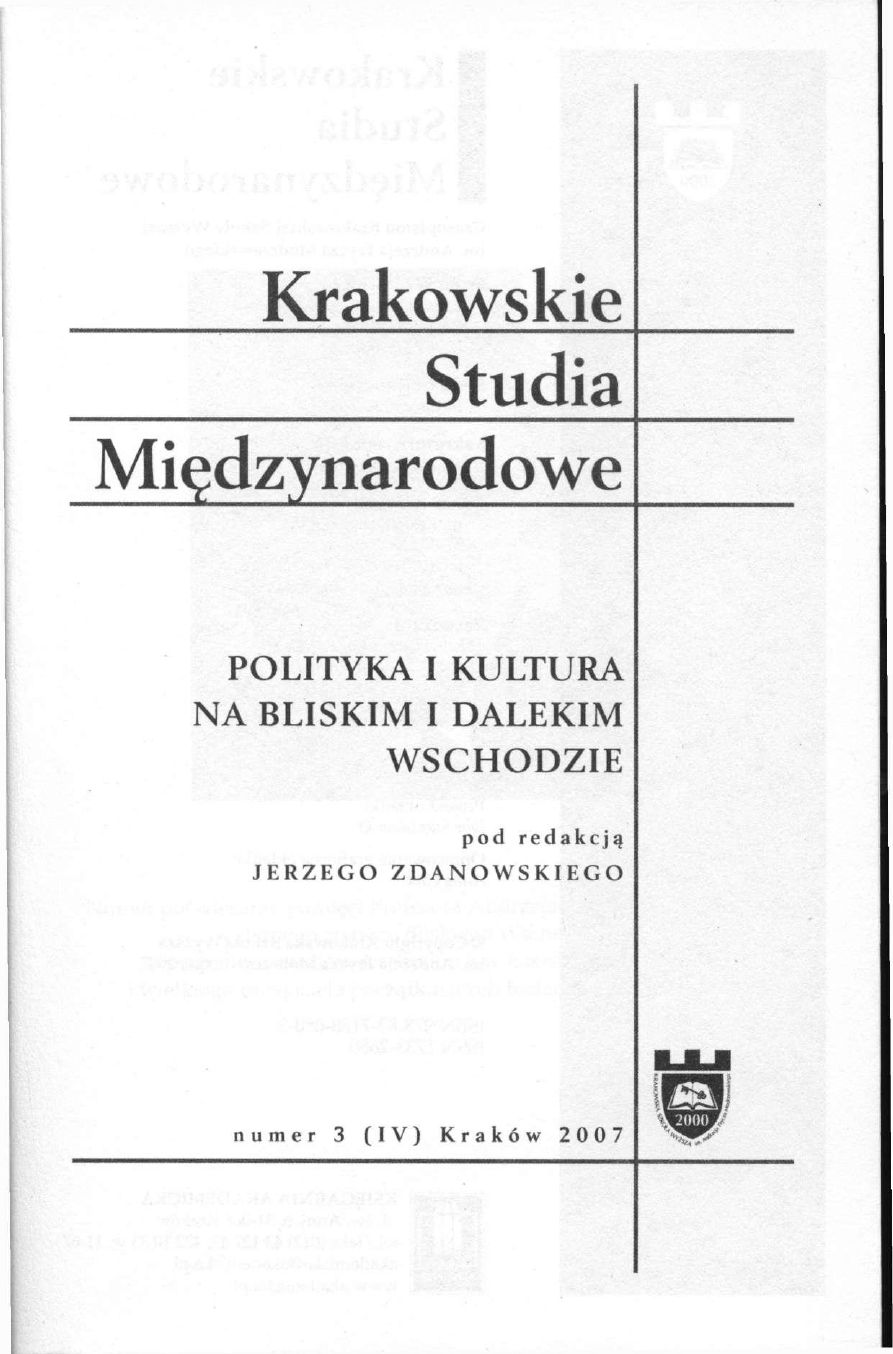
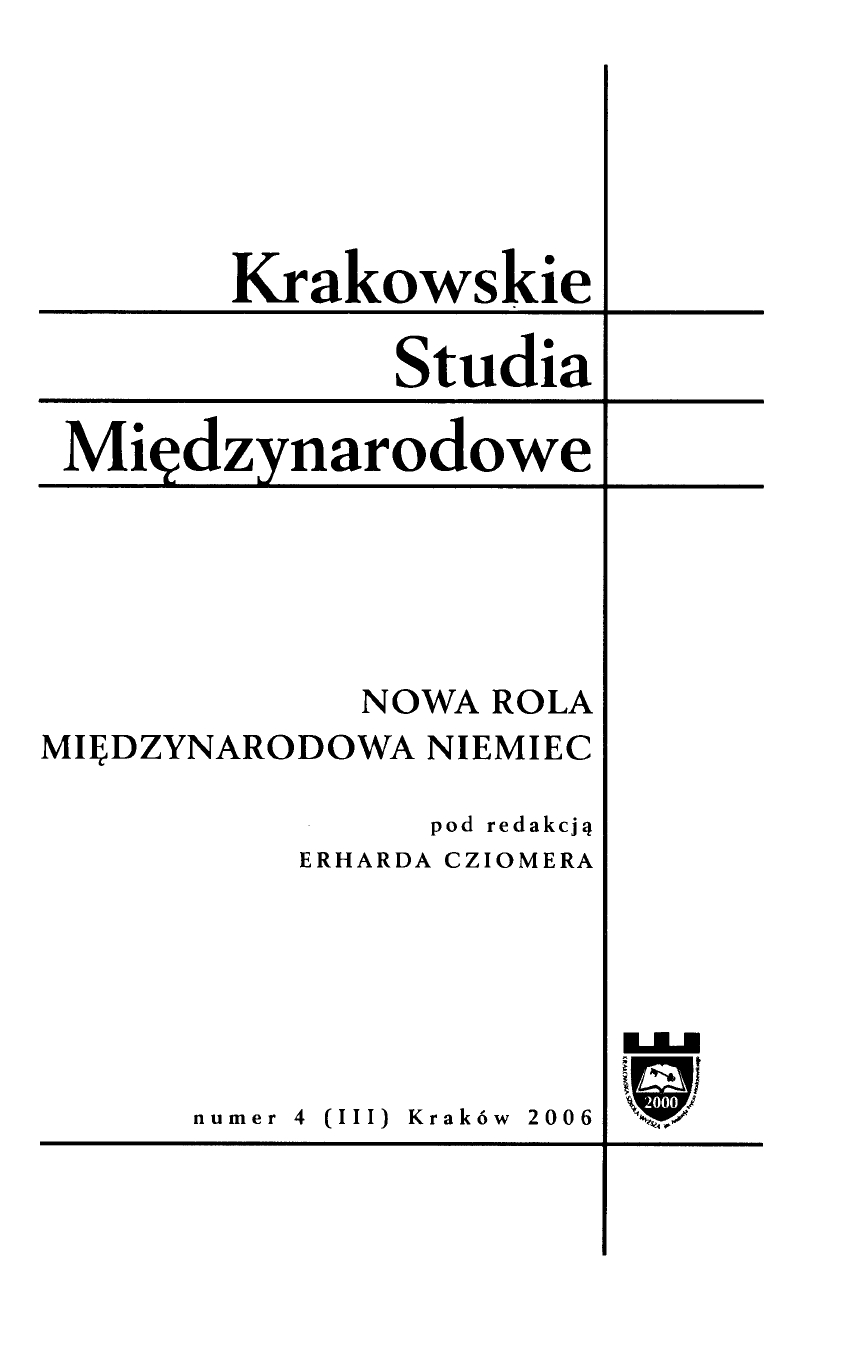





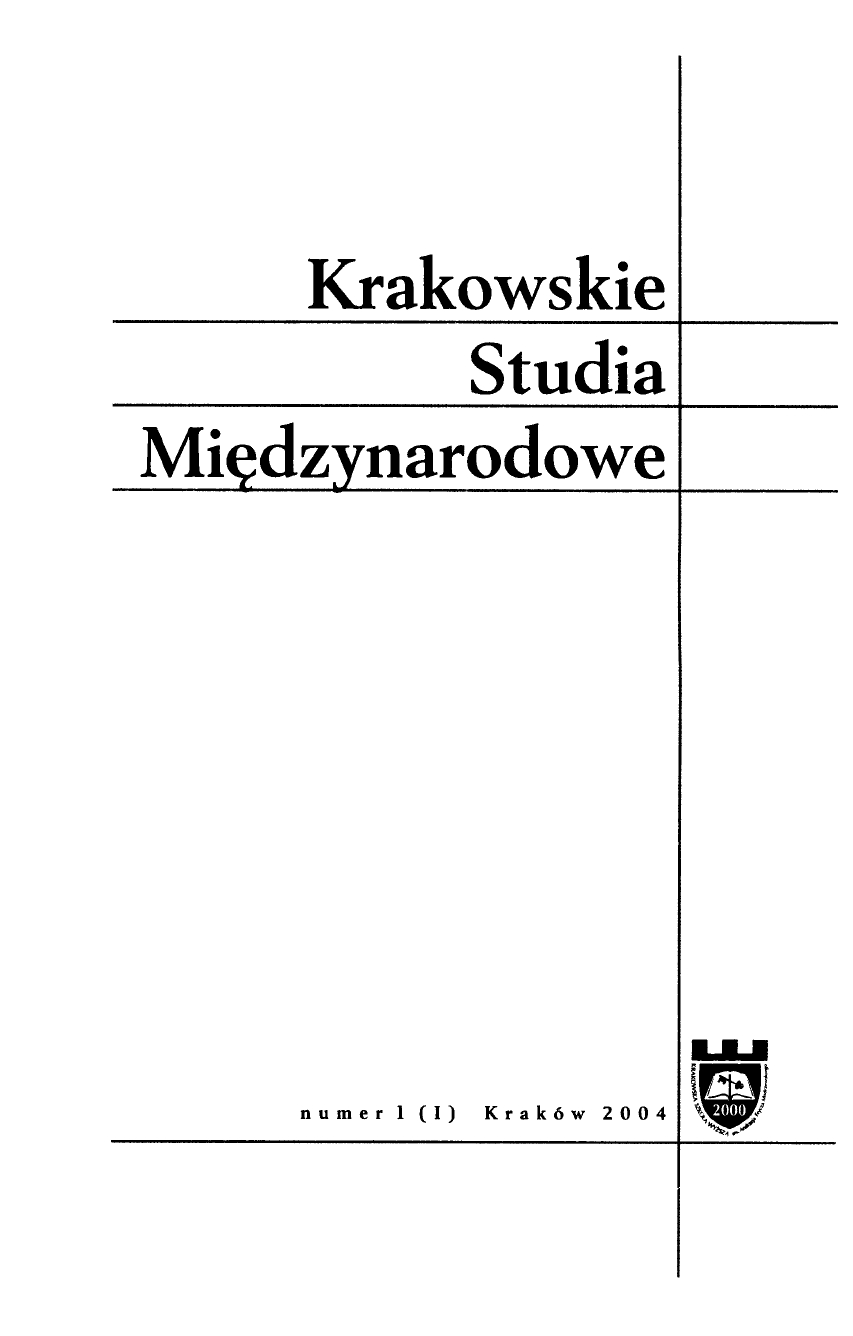
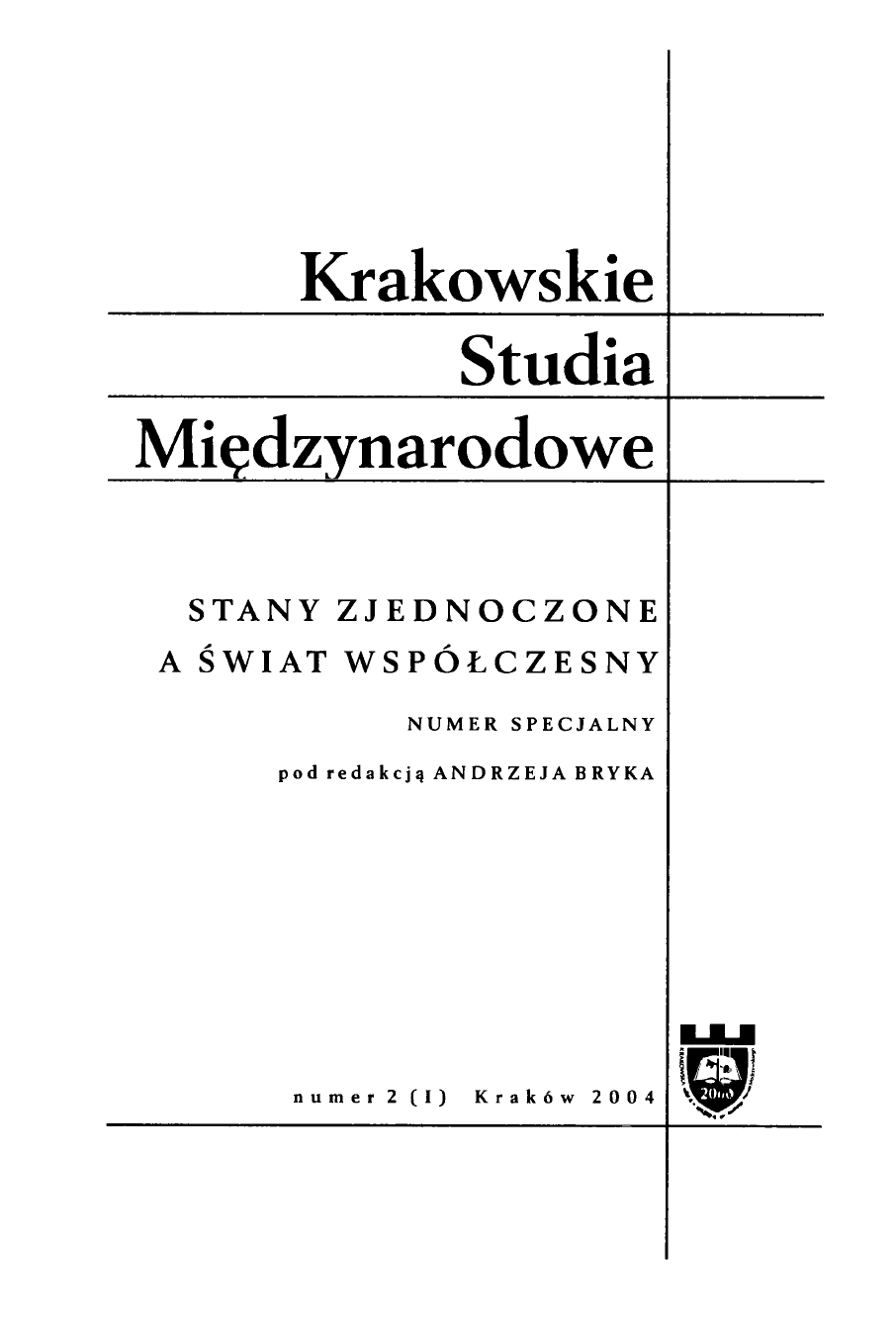

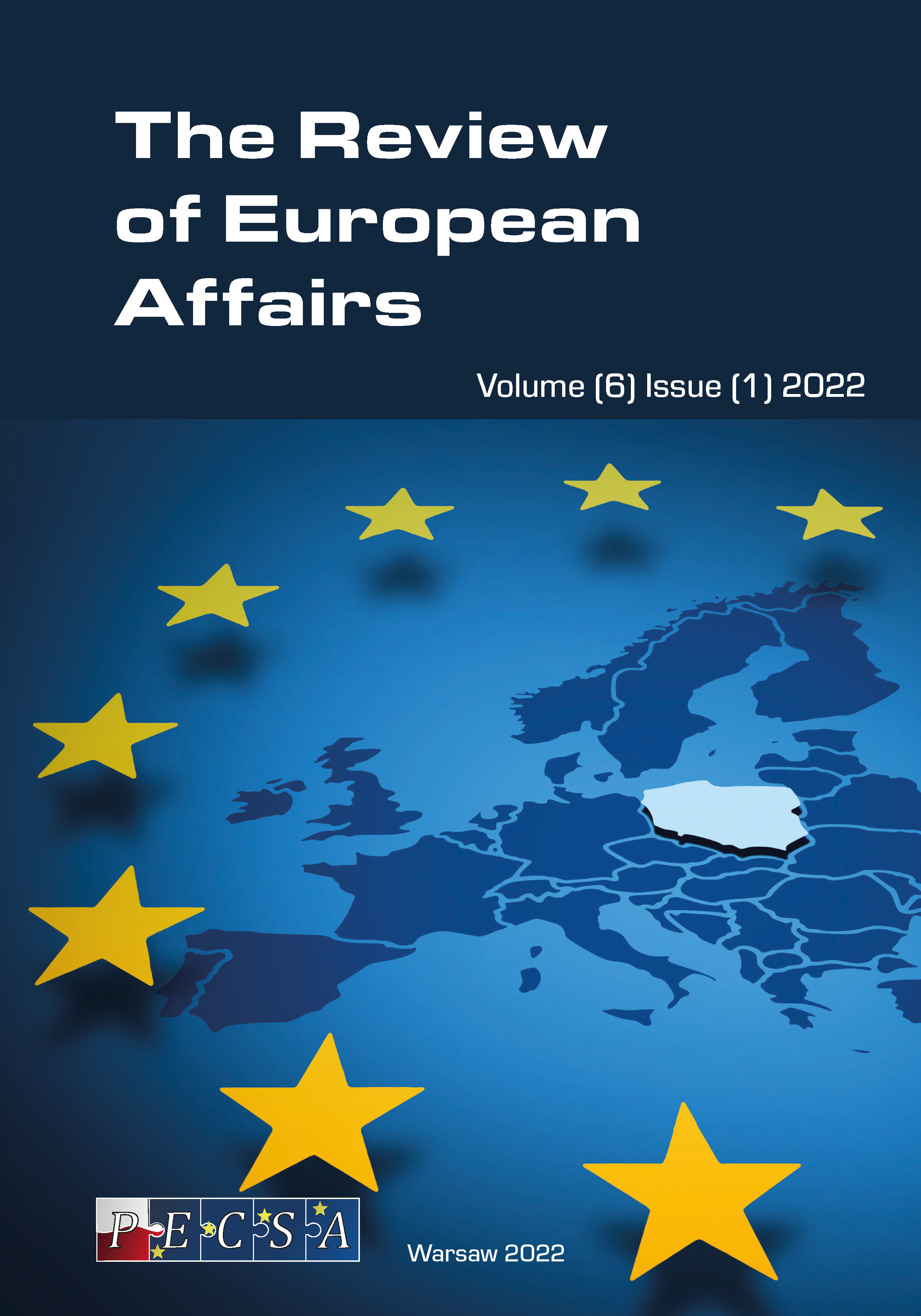
As a core element of the EU’s cultural action, the European Capital of Culture (ECOC) is an important vehicle to promote transnational and cross-border cooperation, which is in line with the EU’s policy direction of promoting balanced spatial development and territorial cohesion. However, whether theoretically or practically, the cross-border cooperation among the ECOC host cities have not received much attention from academia. Based on a qualitative meta-analysis, this study offers a holistic overview of the experiences of the ECOC programme over 40 years. This study aims to critically evaluate the achievements and challenges faced by the ECOC in cross-border cooperation. Four regions - Franco-Belgian border, Luxembourg and the Greater Region, Central and Eastern European, and Scandinavia and the Baltic are investigated and compared.
More...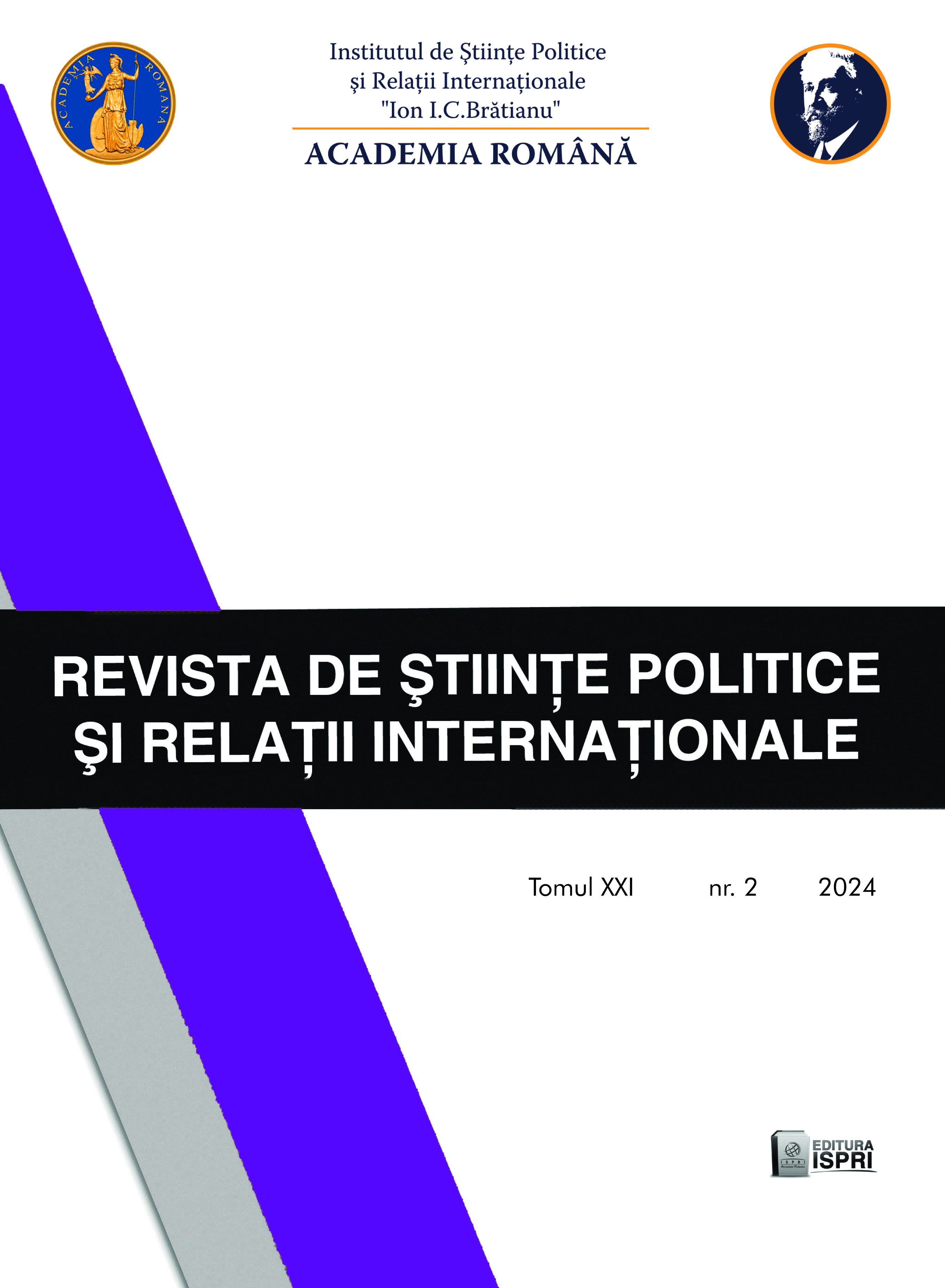
The present article is part of a larger research that investigates the public/cultural diplomacy through branding, how to build external prestige, what are and how are constructed the "identity markers" that individualize a nation, how they have evolved and how they adapt today to the new realities, the way in which Romanianness, Hungarianness, Finishness, Sweedisnes, are transposed into recognizable identity markers. Brands operate as effective cultural agents. Most of the brands are technological products that can be associated with the act of culture in the conditions where culture includes material and immaterial values (gastronomy, technological culture, design, the lifestyle attached to the use of certain products, etc.)
More...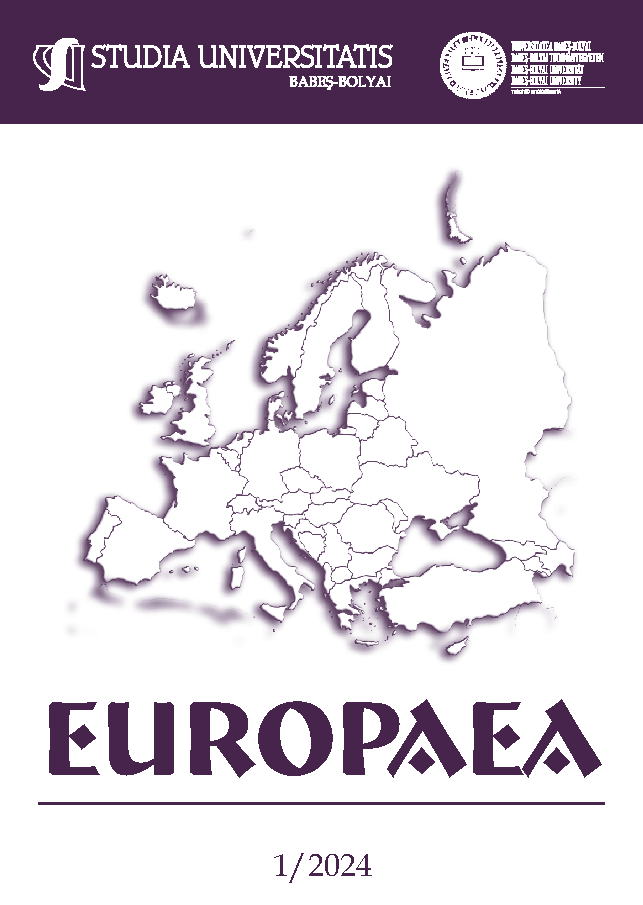
This chapter examines the enigma of Sub-regional economic integration in the Communauté Economique et Monétaire de l’Afrique Central (CEMAC) zone. The sub-regional integration idea was born out of the need for a united Africa during the immediate independence period, to be achieved through a gradual, but steady process. Although instituted in 1994, CEMAC was a re-make of the Economic and Customs Union of Central Africa (UDEAC) created in 1964. CEMAC was established, to promote sub-regional integration among central African states that shared a common legal tender, the CFA franc, through the promotion of trade, a genuine common market and greater solidarity. Albeit recording some inroads, CEMAC lagged behind its objectives, due to tardiness and overall poor implementation of policies, limited technical capacity, divergent attitudes of member states towards integration and absence of sanctions against states that disrespect community norms. The chapter sustains that such diverse political, economic, and socio-cultural impediments could only be halted through a joint approach, for remedial renewal by all stakeholders for a truly integrated economic CEMAC sub-region. This investigation shall be based on secondary and primary data, interpreted qualitatively and presented thematically.
More...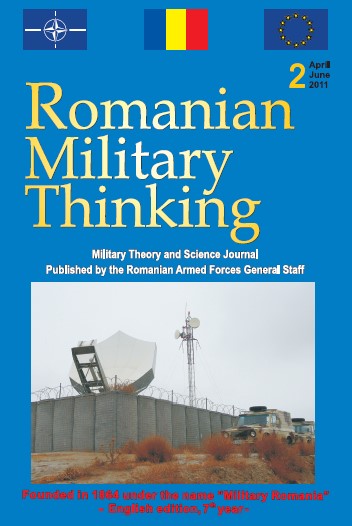
In the author’s opinion, strategy is an intellectual and practical endeavour, encompassing the art and science of achieving vital interests by an individual, organisation, state or international entity, usually against an opponent, through a comprehensive process of defining ends, articulating ways, developing and employing means, in an integrated manner and with a long-term perspective. The development of strategy proves to be an equally practical and intellectual endeavour. To conclude, the author writes that the essence of strategy rests on a comprehensive, integrated relationship between ends, ways and means. Achieving a vital interest, be it at individual, state or multinational level, can only be done through a comprehensive process of defining ends, articulating ways, developing and employing means, in an integrated manner and with a long-term perspective.
More...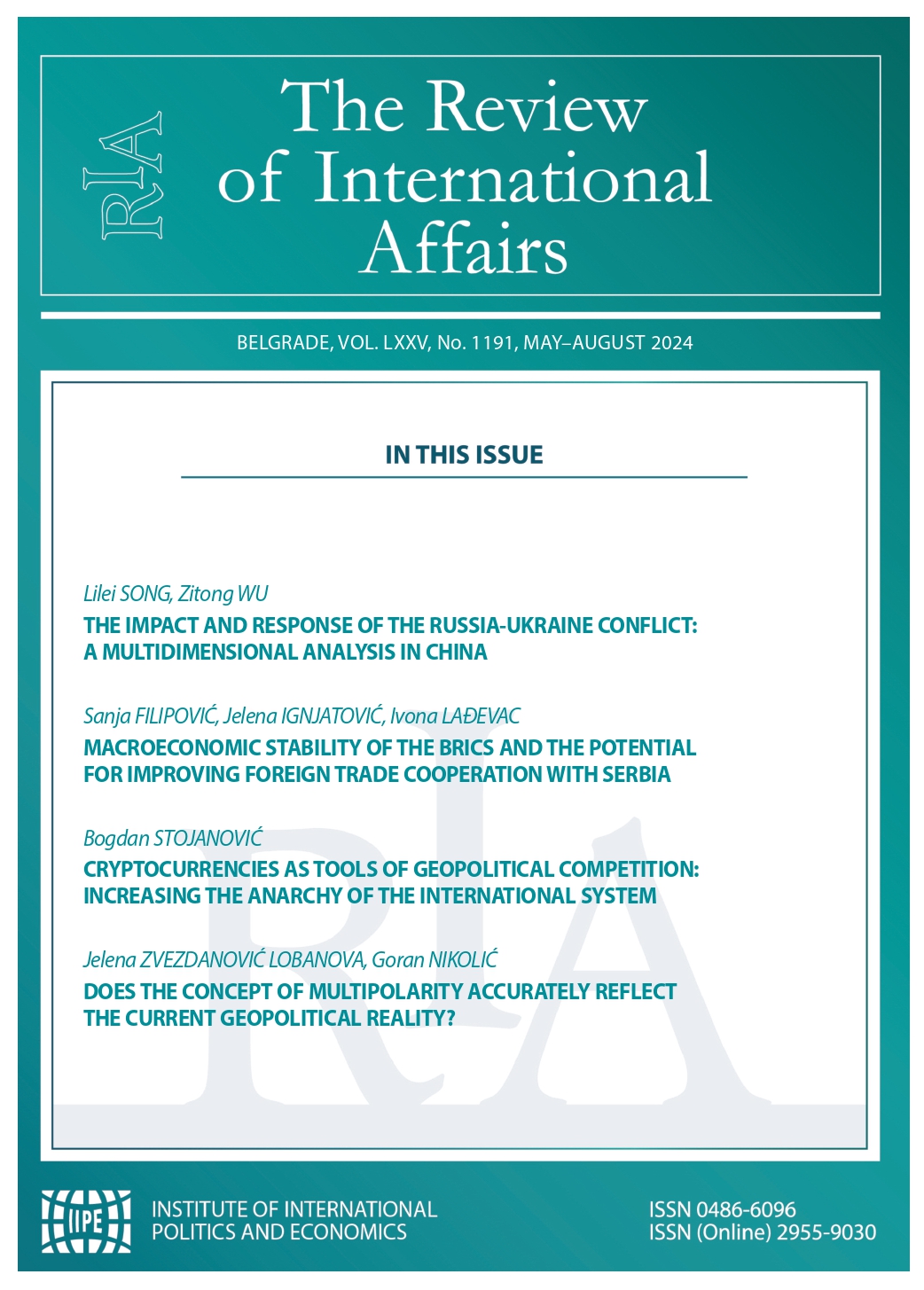
The aim of this research is to evaluate the macroeconomic stability of the BRICS and to determine the potential of Serbia’s foreign trade cooperation with its members. The macroeconomic analysis is based on comparative statistical data for 2000-2022, showing that the BRICS countries, compared to the G7, have higher economic growth rates. However, the standard of living is almost six times lower. On average, inflation and unemployment in the BRICS are higher than in the G7. The BRICS have a twice lower average public debt to GDP, while the external debt ratio to GDP is six times lower than in the G7. Except for China, the BRICS countries’ exports are dominated by resources and products of low-tech processing and export of medium- and high-tech products and capital-intensive products is low. With the exception of China and Russia (with whom Serbia has concluded a Free Trade Agreement), foreign trade with the other BRICS member countries is insignificant, and Serbia has a trade deficit with them. Determining the possibilities for improving trade exchange requires a more detailed analysis of the complementarity of economies and the liberalization of trade regimes. However, geographical distance is the main obstacle.
More...